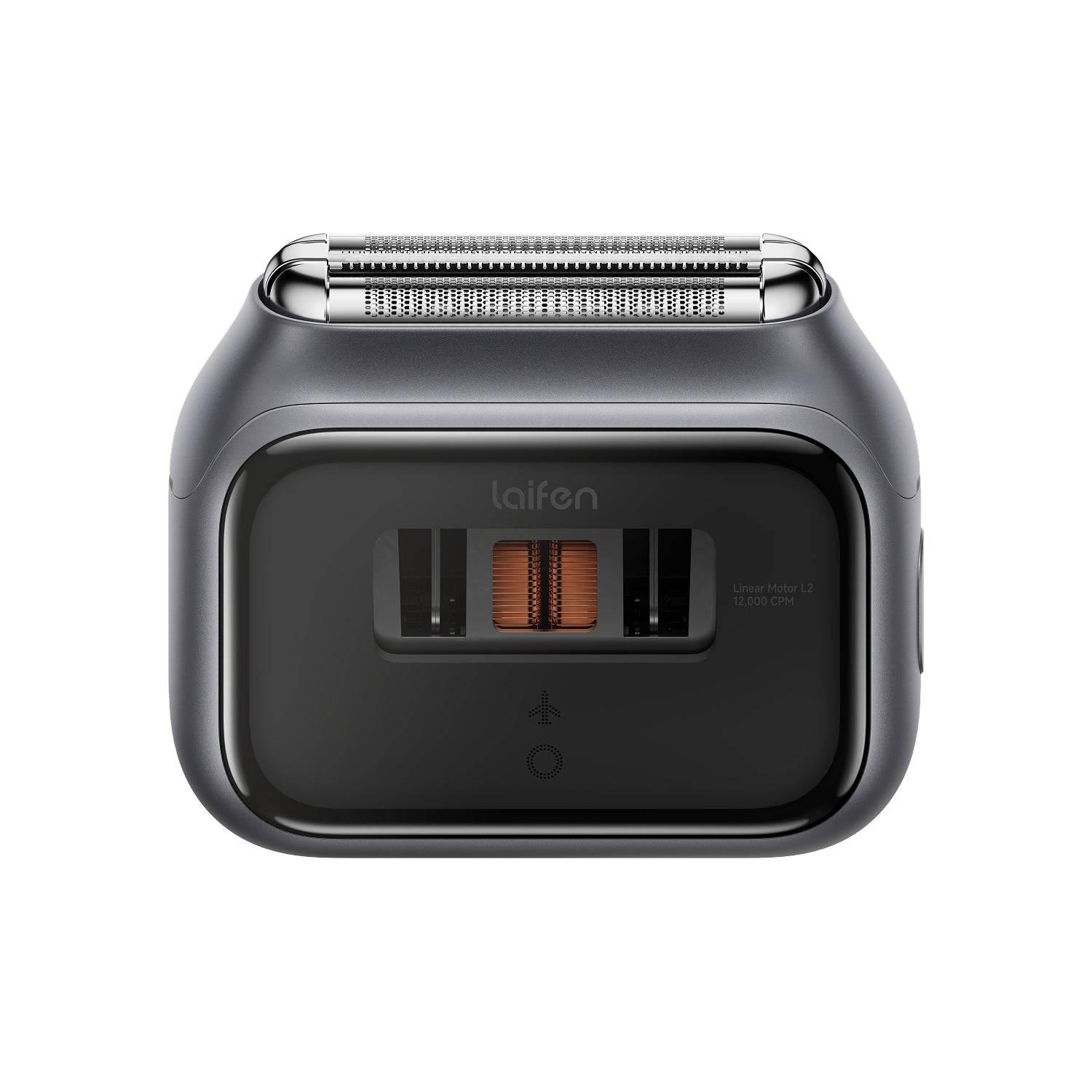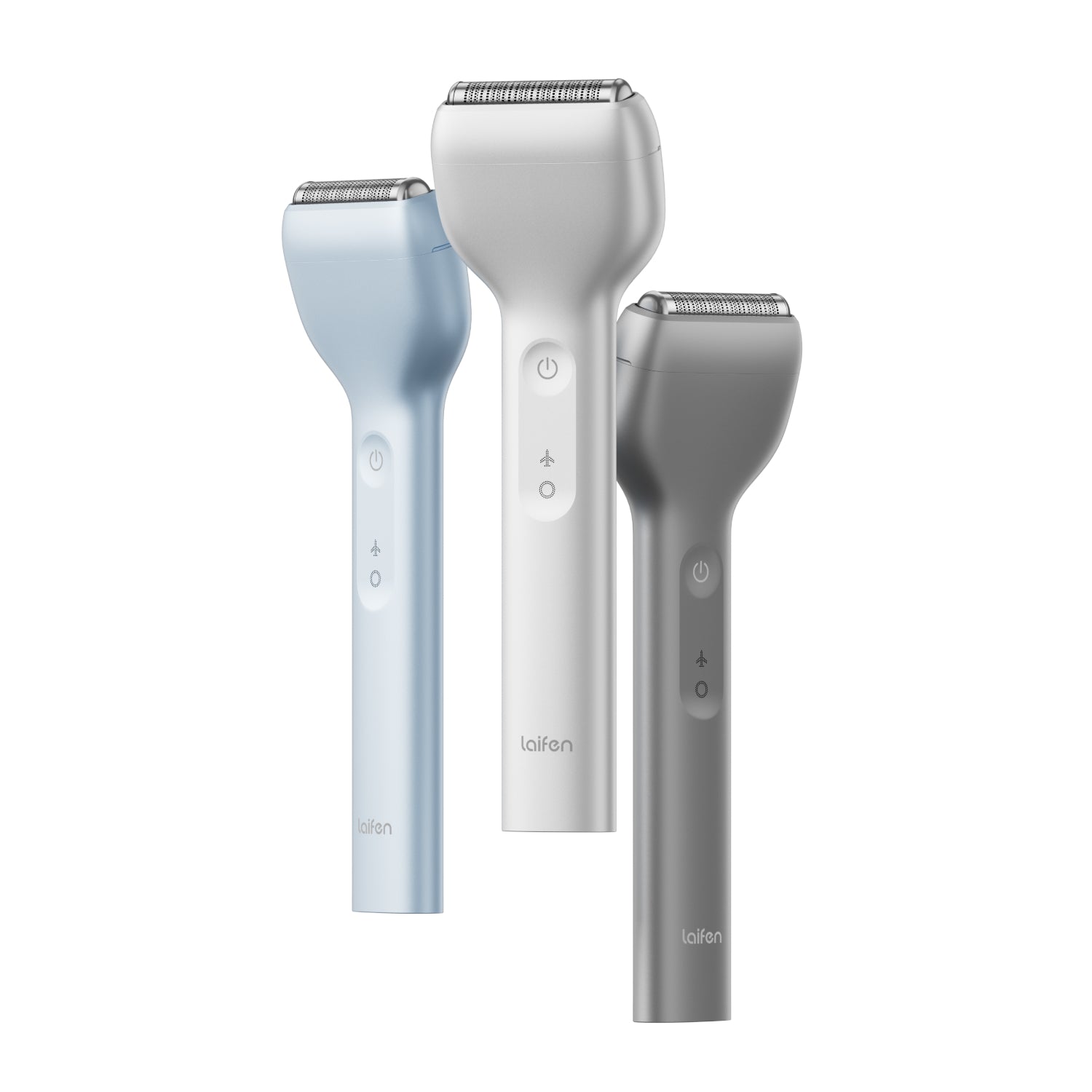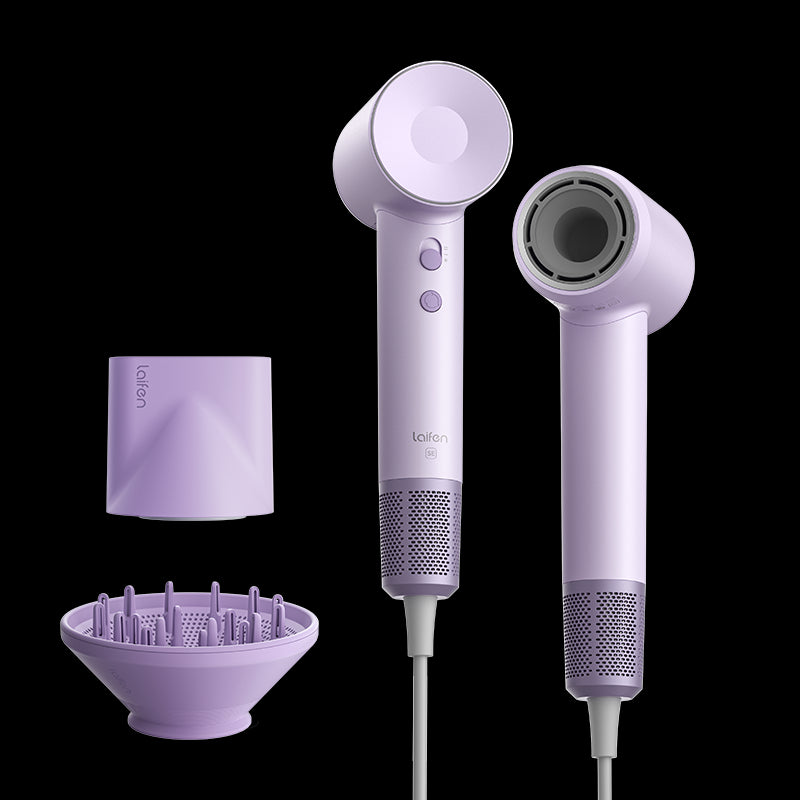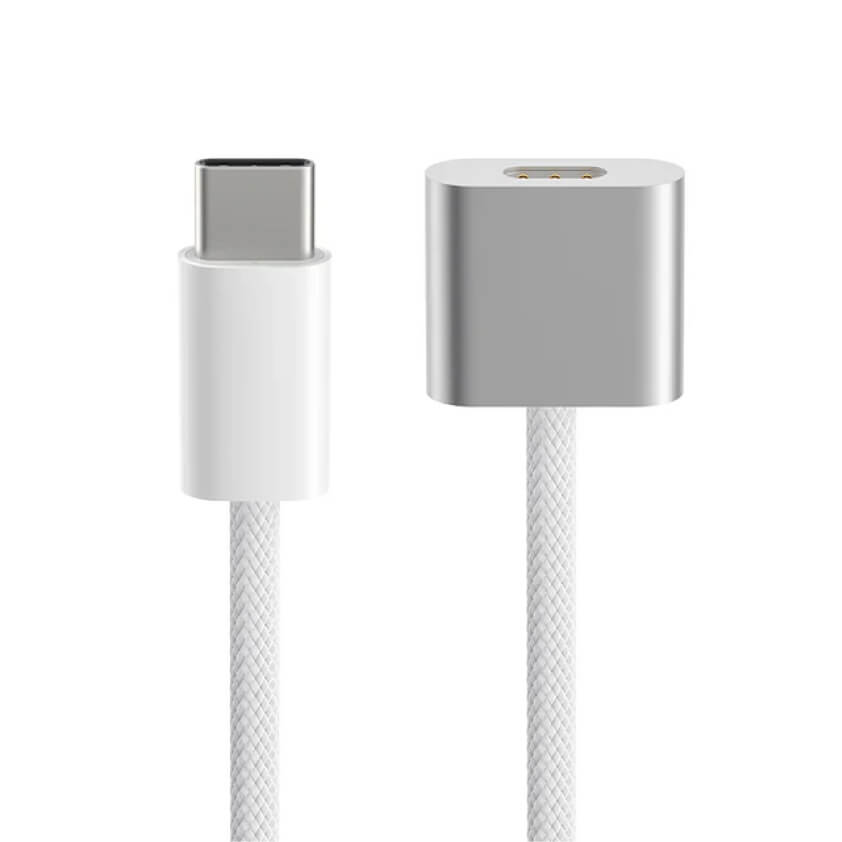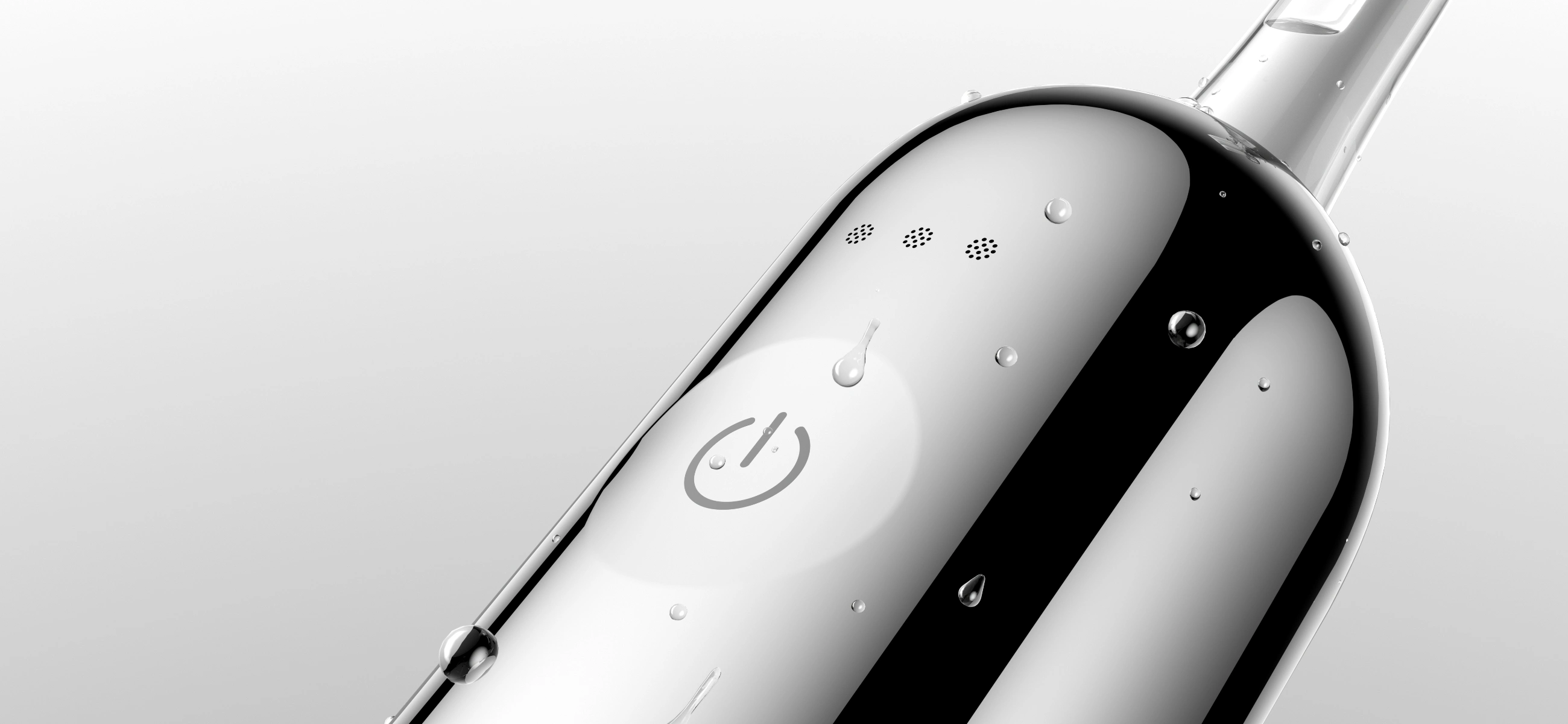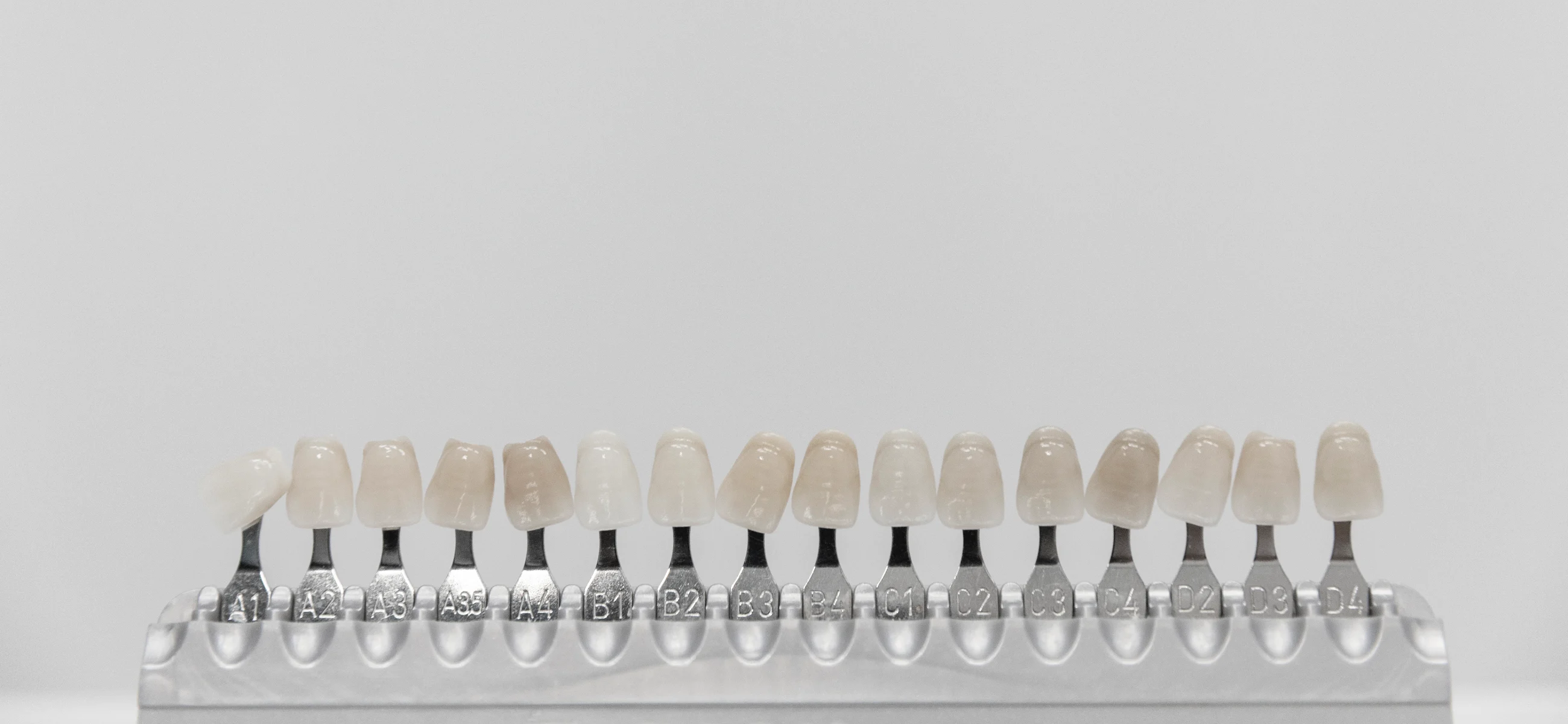
In this article
A dental implant is a way to replace a broken or damaged tooth. Your dentist will drill into your jawbone and add a new root from which a replacement tooth can grow. Though it sounds daunting, a dental implant is a common procedure carried out by dentists everyday, so it's nothing to worry about.
To help you prepare for a meeting with your dentist to discuss this procedure, we introduce you to the three different types of dental implants that may be available to you, depending on your circumstances.
What are the 3 types of dental implants?
There are three main types of dental implants available to patients - endosteum, subperiosteal, and zygoma implants. Each is slightly different to the other and comes with its own pros and cons, as we explore in detail below.
1. Endosteum implants
The most common type of dental implant is the endosteum implant. It is also widely regarded as the safest of the options. These implants resemble screws and they are used to secure a new tooth in the jaw bone.
To install an endosteum implant, the dentist needs to be satisfied that you have a stong jaw, as it must be able to fuse naturally to the bone. Though common and successful, some people balk at the idea of having something drilled into their jawbone, which is why the subperiosteal implant is also a good option.
Pros
✅ Widely available and the most common type of dental implant
✅ Extremely secure, as they use screw-like posts that are added to the jawbone
✅ Unlikely to rot or damage over time
Cons
❌ Can take up to six months for this type of implant to be secured in your jawbone
❌ Not suitable for everyone as you need a particularly strong jaw bone
2. Subperiosteal implants
This type of implant is surgically implanted outside the jaw bone. As a result and when fixed, they sit on top of the bone and beneath the gums. If you have a subperiosteal implant, a metal frame stems from the gums, on which false teeth sit.
As the gum heals around the frame, the structure remains in place and secures the new tooth. This dental implant is favored by patients who don't wish to have something drilled into the jawbone, or if the dentists deems their bones not to be strong enough.
Pros
✅ A viable alternative for people who don't want to have implants drilled into the jawbone
✅ The gums heal around the metal frame and provide exceptionally strong support
✅ The process is often quicker than the 6 months it can take for endosteum implants
Cons
❌ Not as widely available as the first type of implant
❌ Most dentists don't recommend this for people with strong jawbones, as it's not as sturdy
3. Zygoma implants
The third and final type of dental implant commonly used is the zygoma implant. Here, the implant is secured in the cheekbone, rather than the jawbone.
This option is recommended by dentists when the quality of the jawbone is deemed insufficient to anchor regular dental implants. It's a viable alternative to proceeding with a bone graft that might be required for an endosteum implant to be successful.
Each of the three different types of dental implants can be a good option for you, and your choice will depend on your preferences, as well as the strength of your jawbone. You should consult with your dentist about which method to go for.
Pros
✅ A great option that attaches the implant to the cheekbone, rather than the jawbone
✅ Offers an alternative to a bone graft for people who don't want to undergo that procedure
Cons
❌ This option is often more expensive than the others
❌ You can usually only have this implant upon your dentist's recommendation
Types of dental implants costs - what to consider
The cost of dental implants varies considerably from person to person. First, the cost is influenced by the types of dental implants and materials used by the dentist.
The cost will also be affected by whether or not grafting and abutments are required, which is are likely to make things more expensive.
Finally, the location of the dentist and the different types of dental implants offered will also impact the price, with some parts of the world much more expensive than others.
However, as a general rule, you should budget for between US$3,000 and $4,500 per dental implant.
We recommend contacting several dentists in your area for a quotation, and you can select the best dentist for your needs depending on their cost, reputation, and other important factors.
What type of sedation is used for dental implants?
For the majority of patients, conscious sedation is satisfactory for the dental implant process. Therefore, the dentist is likely to use a local anaesthetic to numb the area of the mouth being worked upon.
However, if bone grafting is required as part of the dental implant process, a general anaesthetic will be used. We recommend speaking to your dentist about your sedation options if you're nervous about the treatment.
Our verdict on the types of dental implants
As you now know, there are three main types of dental implants that your dentist may recommend as the best course of treatment - endosteum, subperiosteal, and zygoma implants.
Endosteum implants are by far the most common and are the option that most people think about when they are planning ahead for dental implants.
As dental implants require serious surgery and lots of planning, we advise you to speak to your dentist to get a good idea of your options before making a decision about which type to go for.

